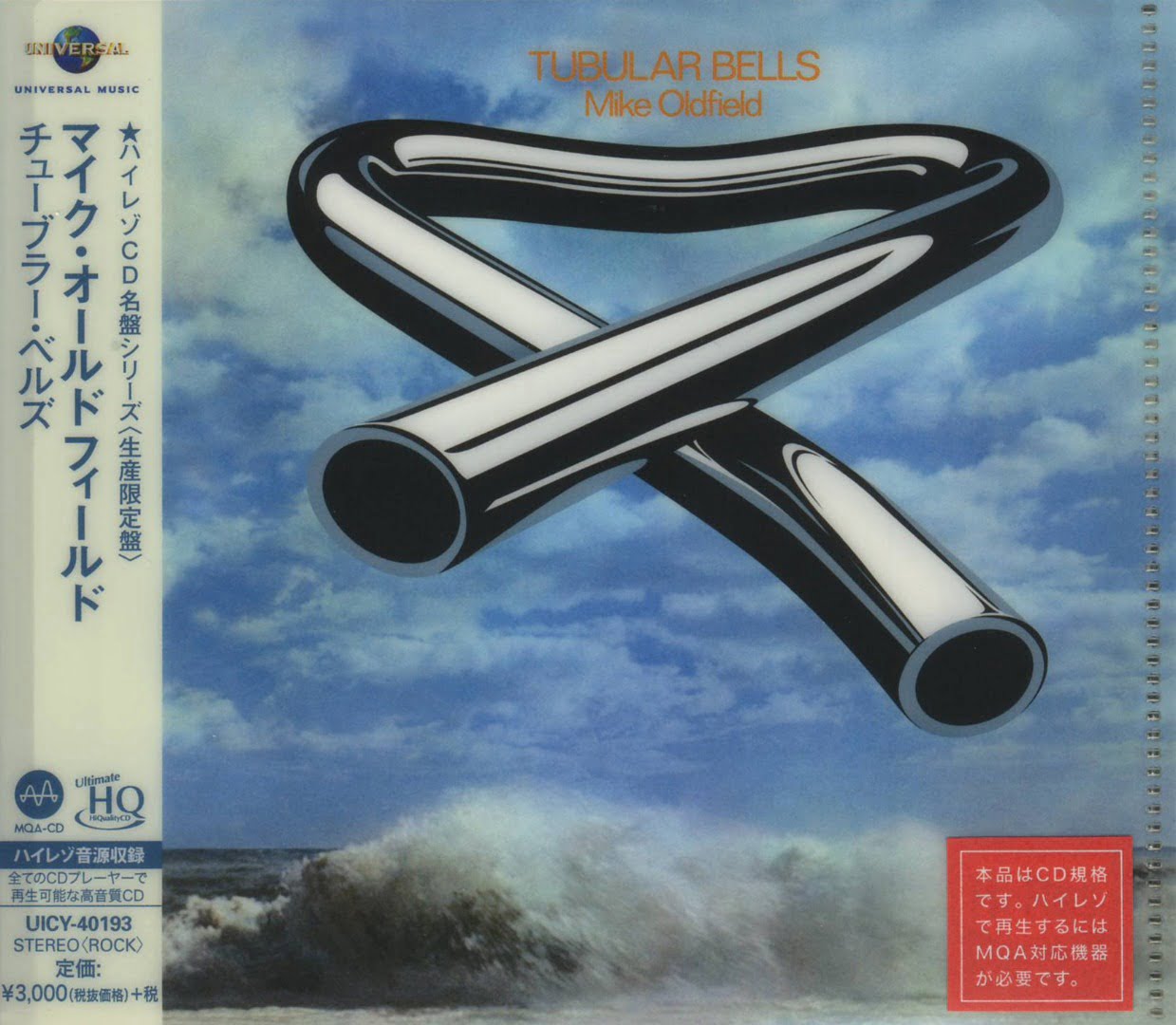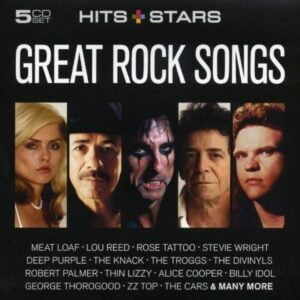Mike Oldfield was just 20 years old when he released his seminal debut album, Tubular Bells. With such extraordinary instruments as the electronic organs Farfisa and Lowrey and a flageolet, but also with guitars, piano and mandolin, he created an irritatingly beautiful composition of rhythms, tones and harmonies, which ended up on the album in two pieces. Oldfield played almost all of the instruments himself and rarely brought in guest musicians, earning him a reputation as a multi-instrumentalist. In the middle of the album, rock musician Vivian Stanshall introduces all the instruments before they can be heard, concluding with the voluminous namesakes, the Tubular Bells. The album’s spooky opening bars are notorious for their use in the movie The Exorcist.
UHQCD stands for Ultimate High Quality Compact Disc and is a joint development of the Japanese CD replication company Memory-Tech and the Audio Quality CD Company from Hong Kong. Unlike conventional CDs, UHQCDs are not pressed from polycarbonate, but cast from a photopolymer and cured with UV light. Another layer of high-purity polycarbonate is applied to protect the softer photopolymer from scratches. The combination results in a significantly reduced reflection of the laser light inside the CD and an unrivaled precise edge transition between pits and lands of the CD. UHQCDs are 100% compatible with regular CD players. Musically, the sound is strongly reminiscent of analog master tapes.
The discs offered by Universal Japan are also MQA (Master Quality Authenticated) encoded. If you output the digital signal from the digital output of your CD player or the previously ripped data stream of your music server to a corresponding MQA DA converter, you can generate a 24-bit signal with a sampling frequency of up to 352 kHz from the CD data.
While the first UHQCD series from Universal Music Japan used the DSD data of previous SHM-SACD releases, albums that were not previously released on SHM-SACD are now also appearing with increasing popularity. Typically, the master tapes of the Universal Archive are reconverted to DSD and then post-processed with the appropriate MQA encoder. The UHQCDs are therefore ideal for music lovers who want to get as close as possible to the sound of the recording but do not have a SACD player.














